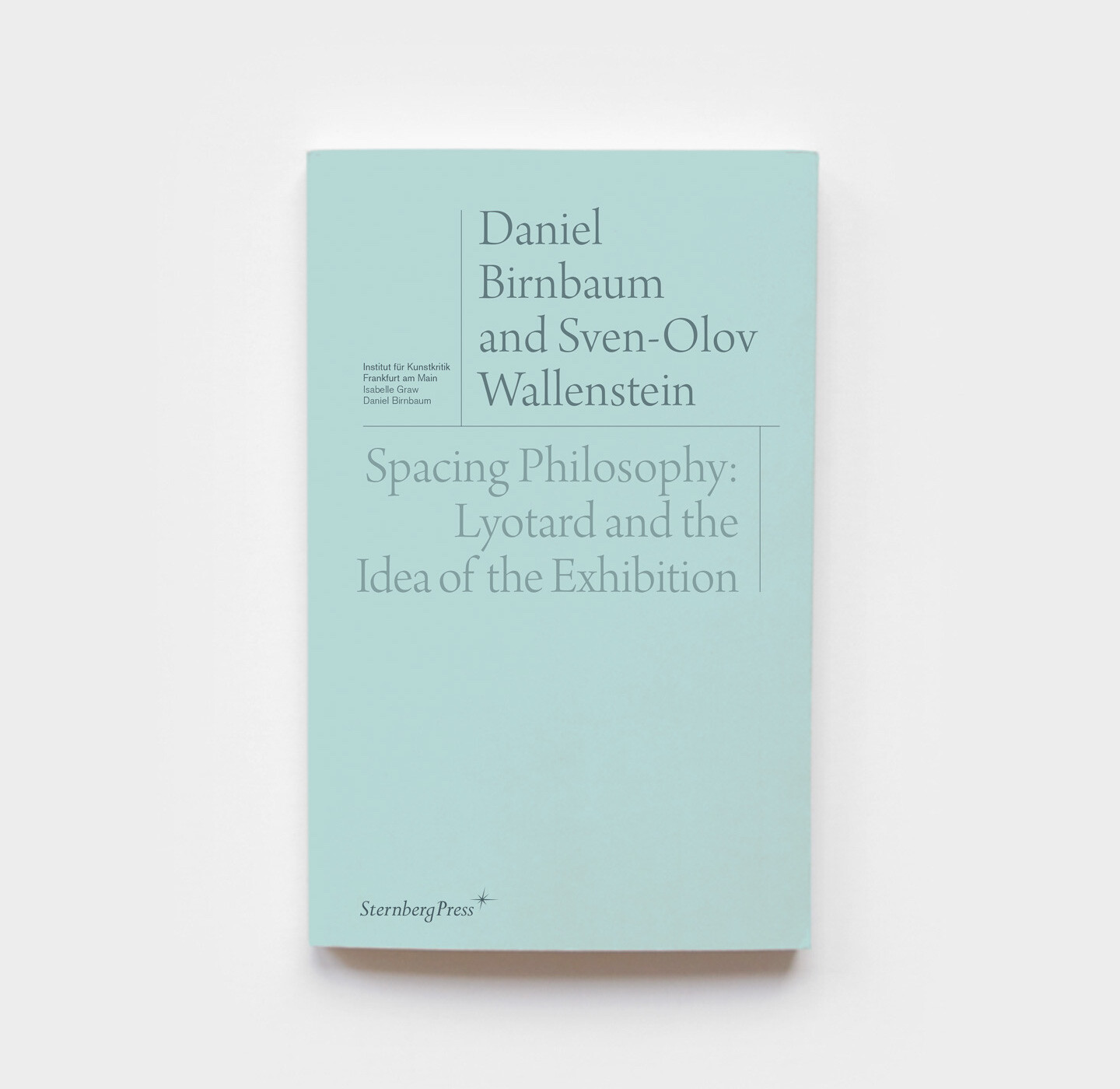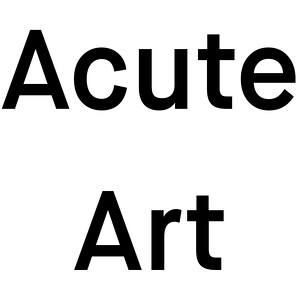From Daniel Birnbaum & Sven-Olov Wallenstein
In 1985, the philosopher Jean-François Lyotard curated Les Immatériaux at Centre Georges Pompidou in Paris. Though widely misunderstood at the time, the exhibition marked a “curatorial turn” in critical theory. Through its experimental layout and hybrid presentation of objects, technologies, and ideas, this pioneering exploration of virtuality reflected on the exhibition as a medium of communication, and anticipated a deeper engagement with immersive and digital space in both art and theory. Spacing Philosophy analyzes the significance and logic of Lyotard’s exhibition while contextualizing it in the history of exhibition practices, the philosophical tradition, and Lyotard’s own work on aesthetics and phenomenology.
What would such a thing be as a philosophy of the exhibition, or even, more radically, a philosophy that itself takes on the form of an exhibition? Could there be a way to understand, or rather do, philosophy spatially, so that the exhibition medium—if the term “medium” is still useful here—would present a possible solution to the problems of conceptual articulations, which thereby would cease to be purely conceptual, and instead come to invest the field of the sensory, tactile, auditory, and visual? This question no doubt appears exorbitant in relation to normal philosophical discourse; why would thinking in a spatial and sensory fashion, and even more so in the mode of an exhibition, at all matter to philosophy?
One of the central questions explored by Lyotard is the potential of immersive space. The very concept of immersion is at the center of Spacing Philosophy:
“In its experimental layout, Les Immatériaux intensified the reflection on the exhibition as a form of communication, as an interface that need not limit itself to the presentation of objects, but can expand into a kind of immersive space. Immersion should however not be understood as the intoxicating and overpowering space of the Gesamtkunstwerk, but rather as an exploration of differences and discontinuities that have already begun to inhabit our sensorium; it directs the subject back to a space for reflection and questioning, not only of what is there to be seen, but also of what it means to see, and of who is the subject of seeing.”
For today’s artists and curators exploring the possibilities of virtual space and new immersive technologies, Lyotard’s pioneering curatorial project offers a rich theoretical toolbox. Co-author Daniel Birnbaum, director of the art and technology laboratory Acute Art in London, emphasizes the inspirational potential of Les Immatériaux for today’s artistic and theoretical experimentalism:
“These were exciting times in continental philosophy, in which the ways to “do” philosophy were being challenged and re-considered. For me Lyotard’s exhibition has been a great source of inspiration. He stressed the need to render philosophy visual—not only by illustrating concepts with striking and sensuous images, but also through spatialization, in a way reminiscent of Mallarmé’s famous throw of the dice. It’s time for a new generation to through the dice and surprise us with entirely new constellations!”
London: October 4, 4pm
Daniel Birnbaum, Sven-Olov Wallenstein, Hans-Ulrich Obrist & Koo Jeong A in conversation
König Galerie Booth (B2), Frieze London
Berlin: October 13, 3pm
Daniel Birnbaum, Sven-Olov Wallenstein & Isabelle Graw in conversation with Koo Jeong A
Julia Stoschek Collection, Berlin
Stockholm: November 18, 6pm
Daniel Birnbaum & Sven-Olov Wallenstein in conversation
Index, Stockholm
Daniel Birnbaum is director of Acute Art in London, a laboratory exploring art and technology. He is professor of philosophy at the Städelschule in Frankfurt am Main and the author of numerous books on art and philosophy. In 2009 he was director of the 53rd Venice Biennale.
Sven-Olov Wallenstein is professor of philosophy at Södertörn University, Stockholm. Recent publications include Biopolitics and the Emergence of Modern Architecture (Princeton Architectural Press, 2009); Nihilism, Art, Technology (Axl Books, 2011), and Architecture, Critique, Ideology: Writings on Architecture and Theory (Axl Books, 2016).


